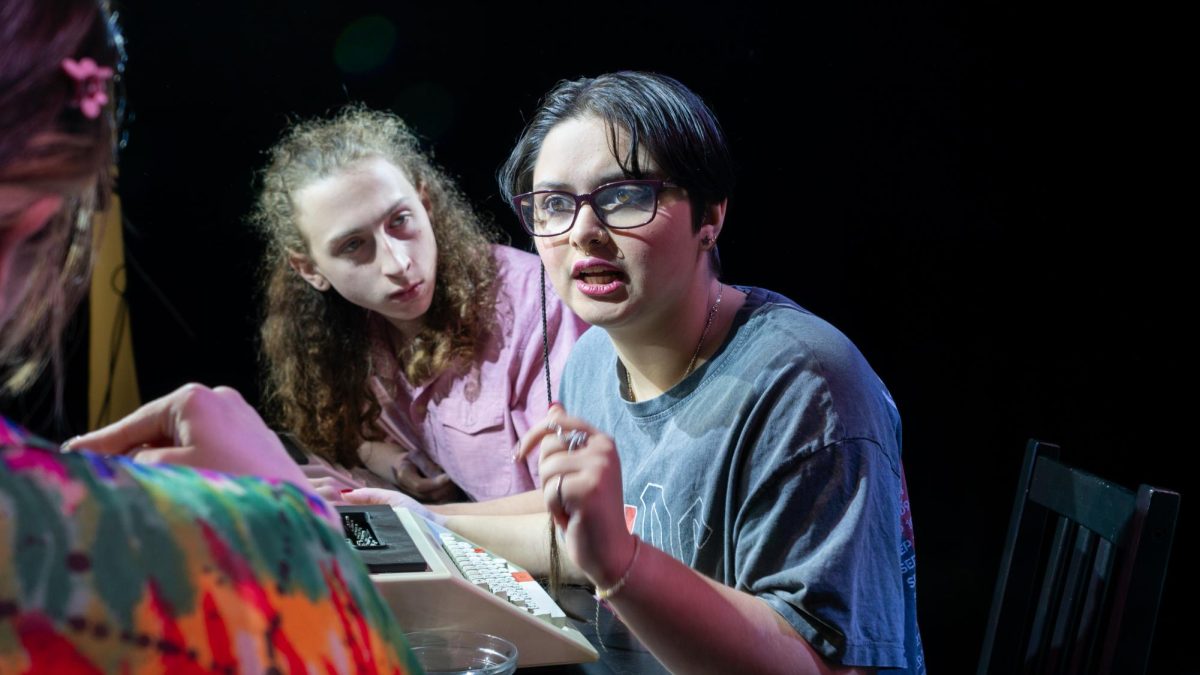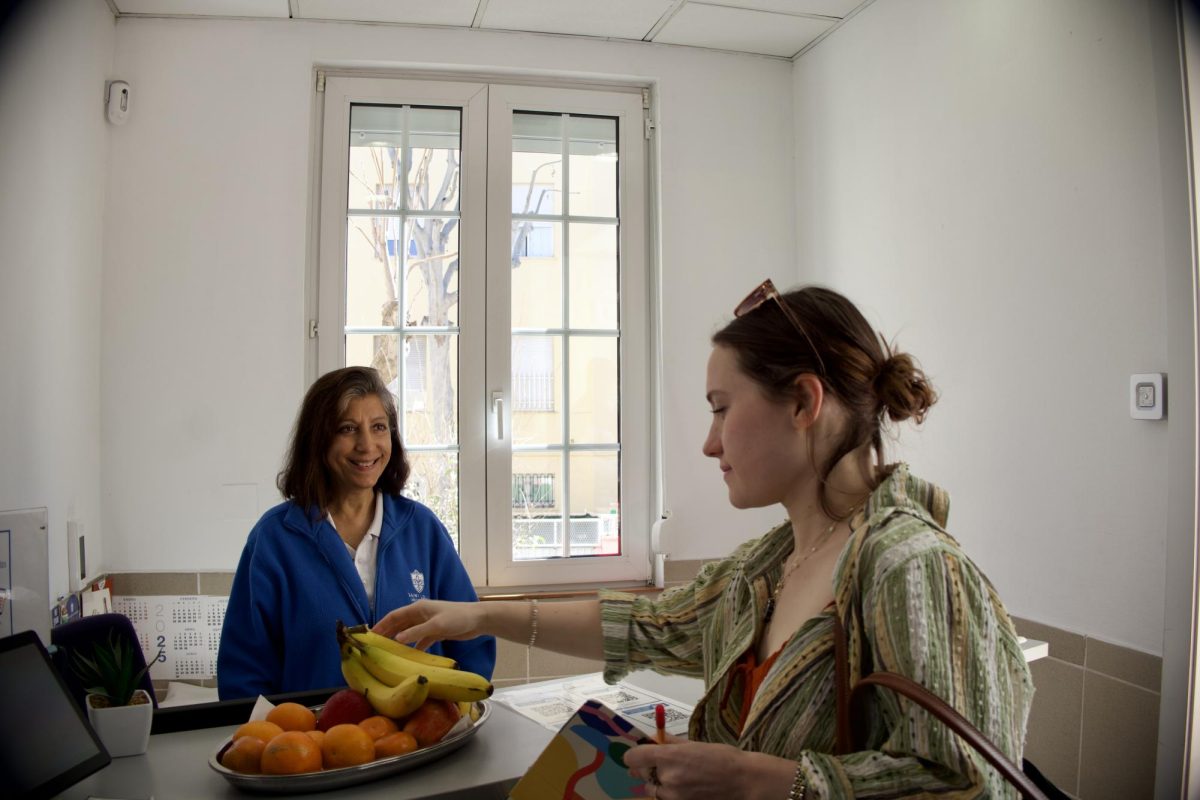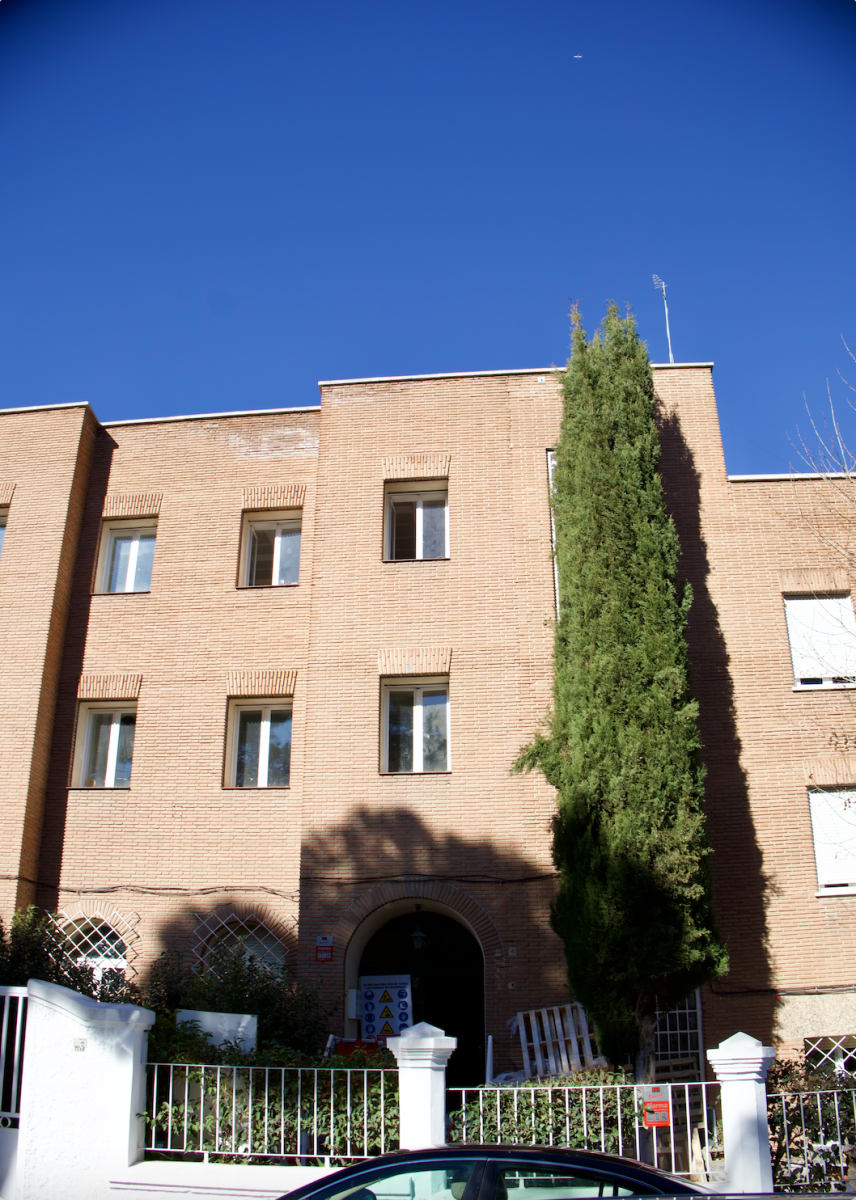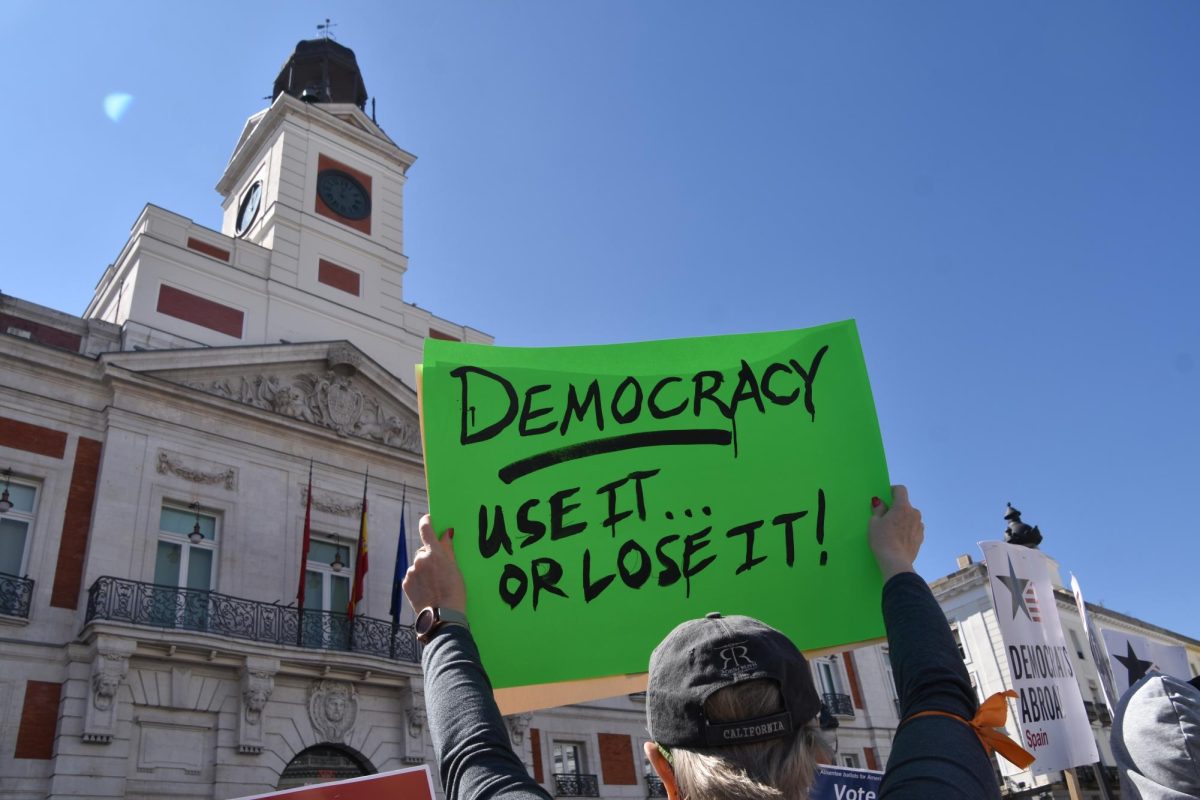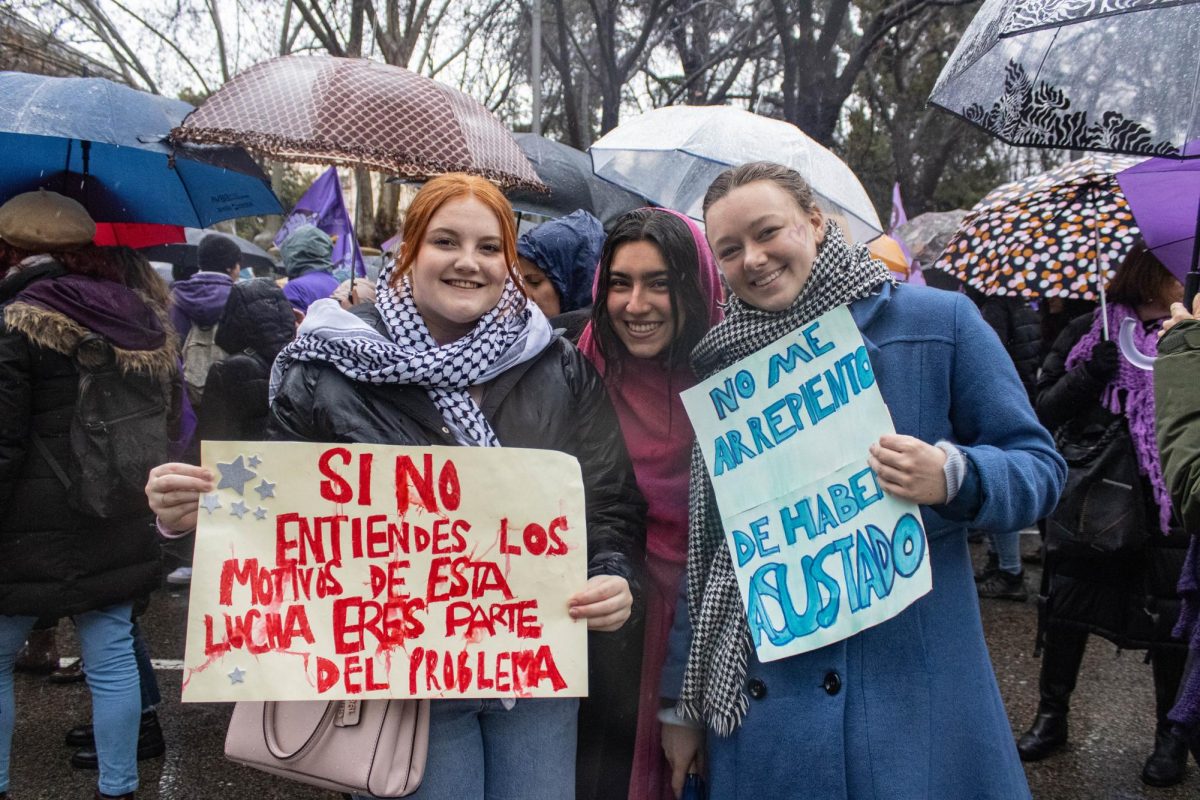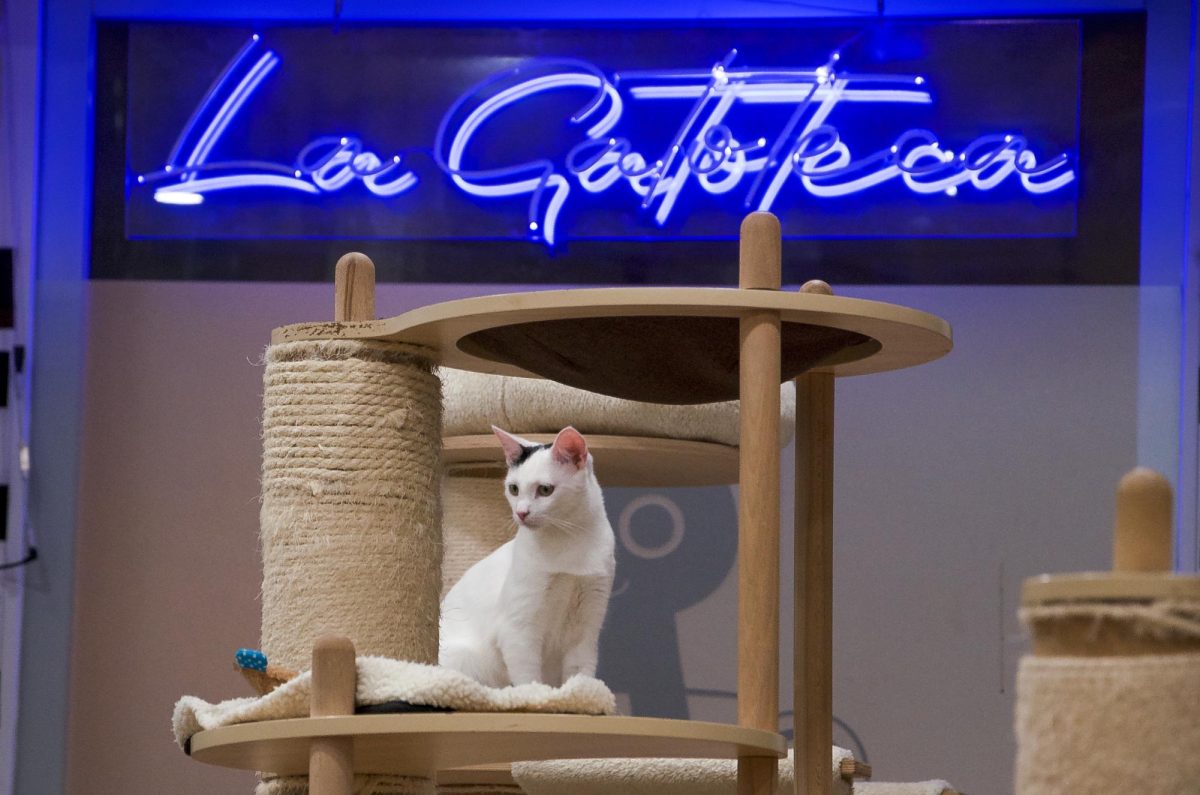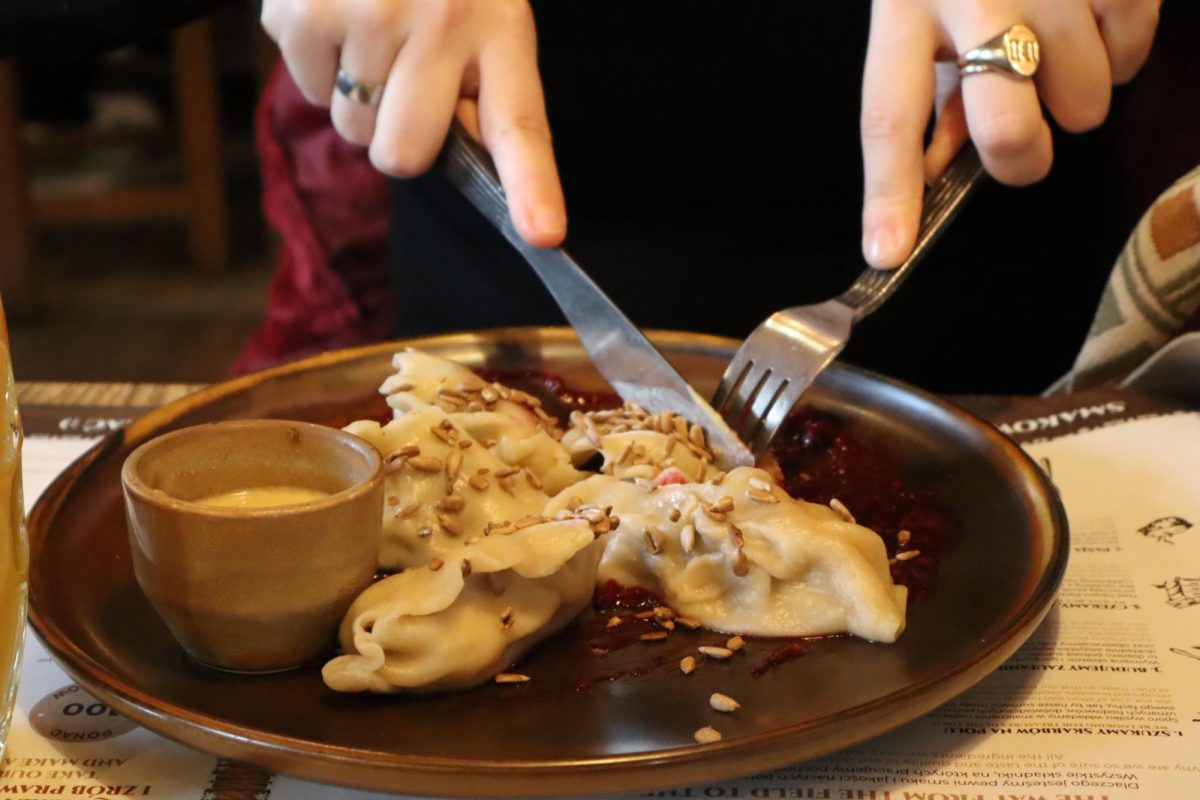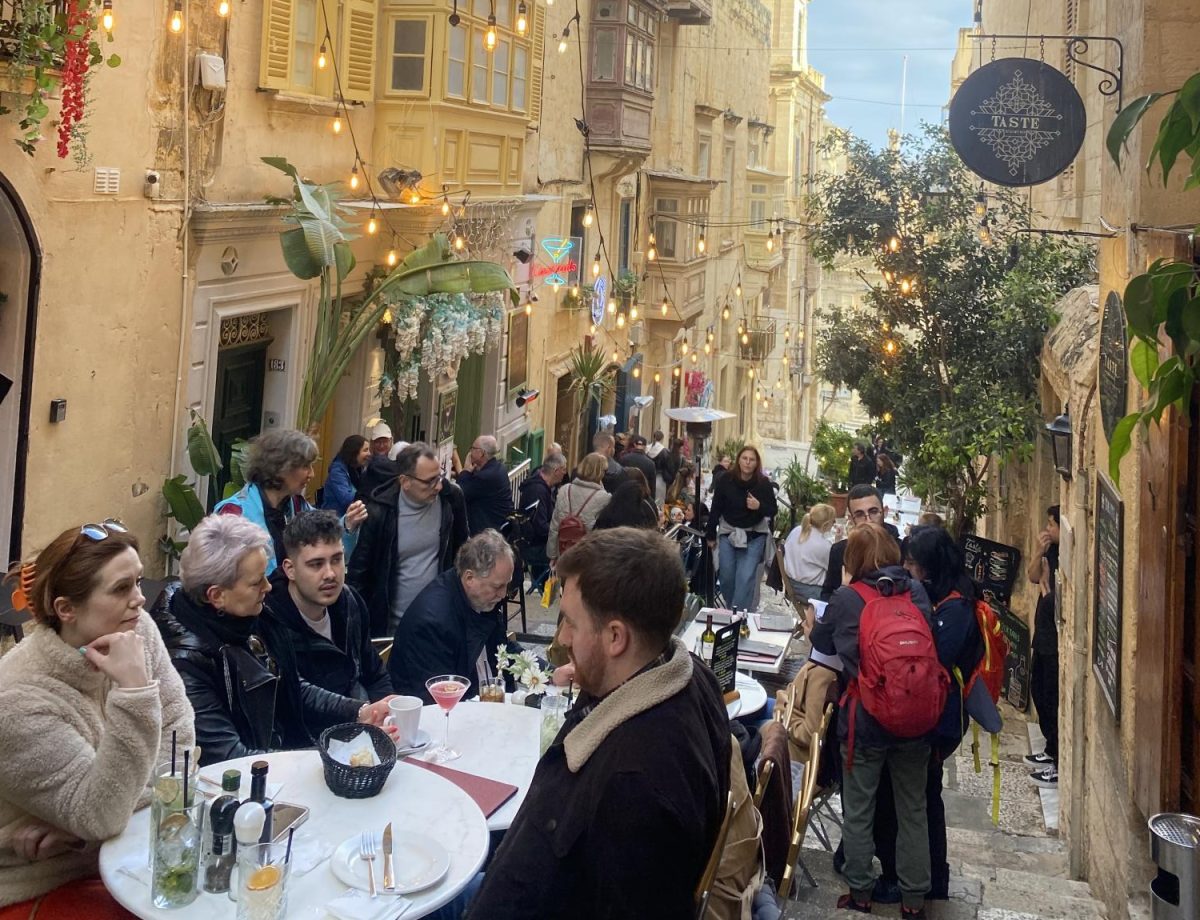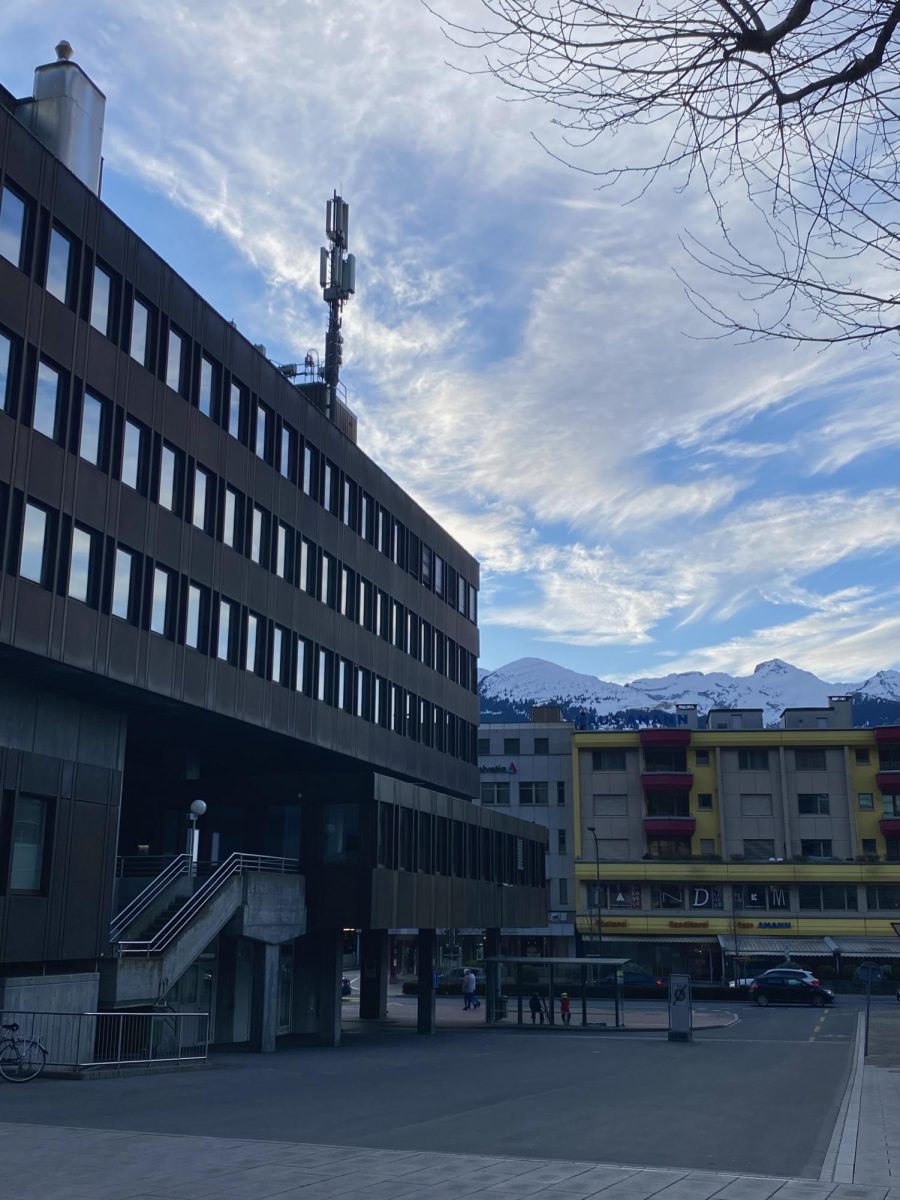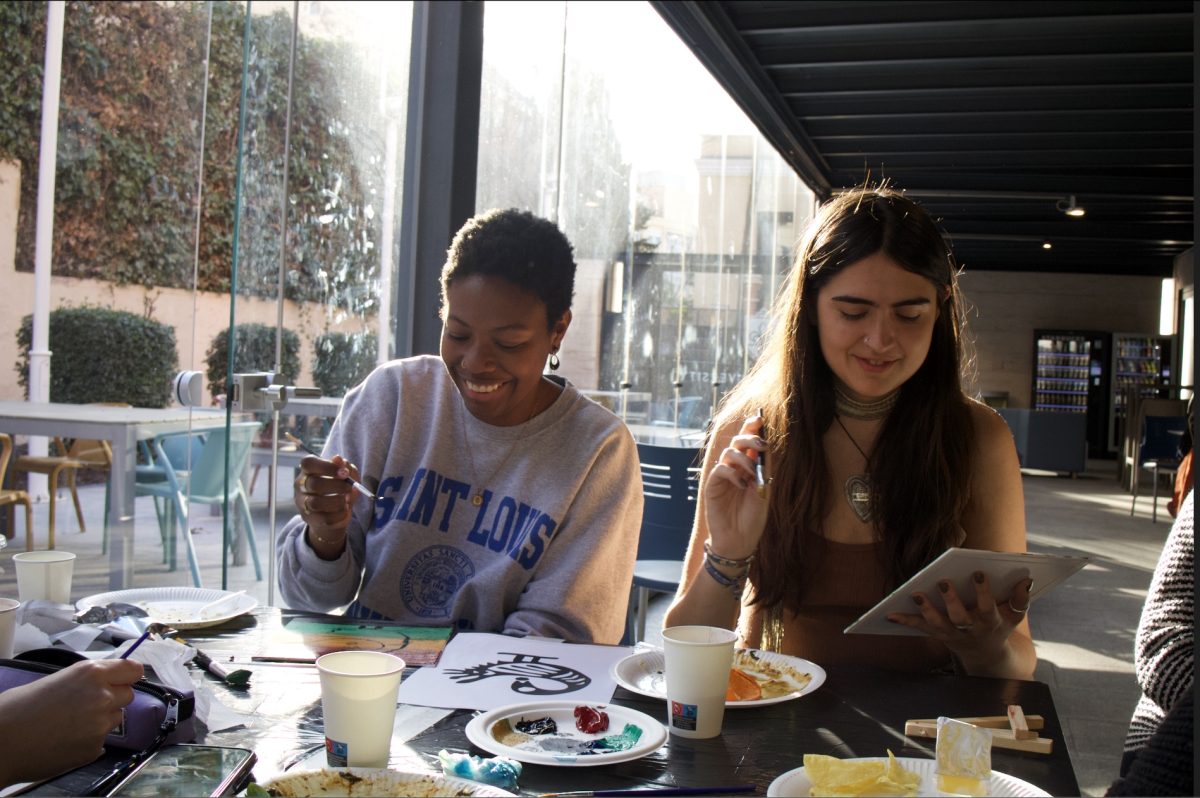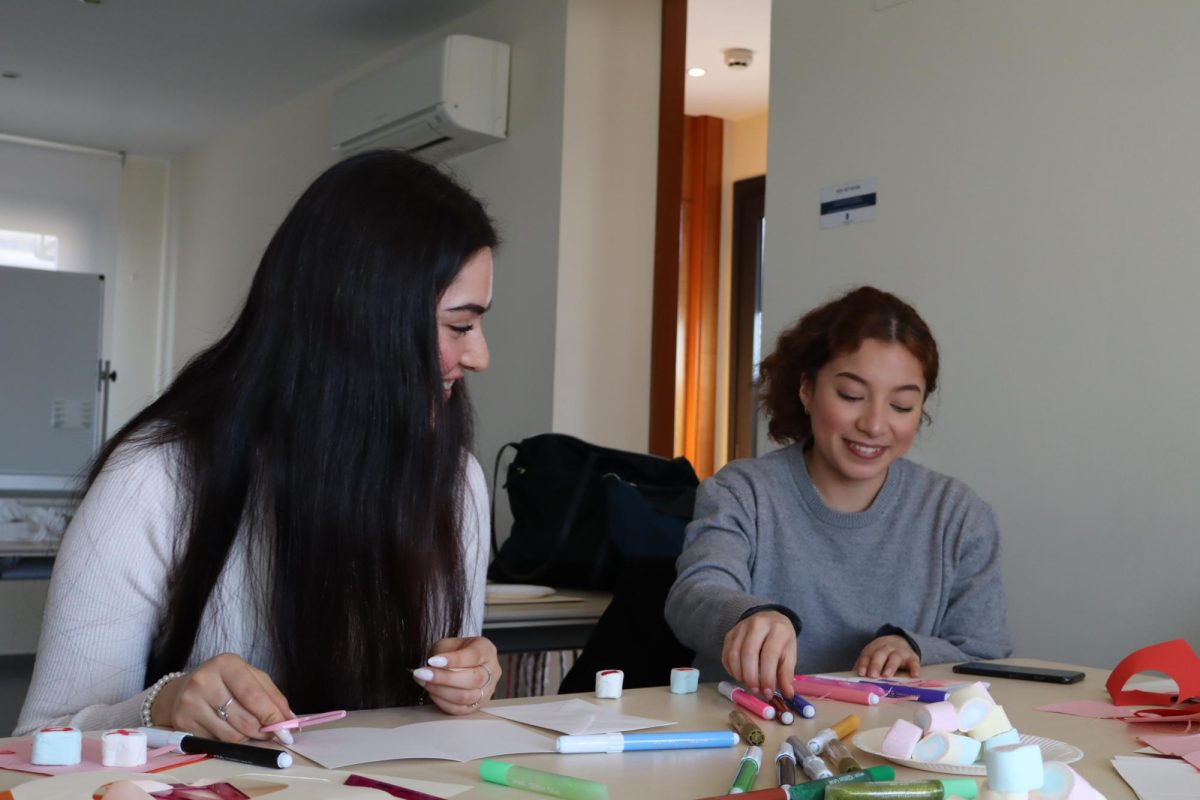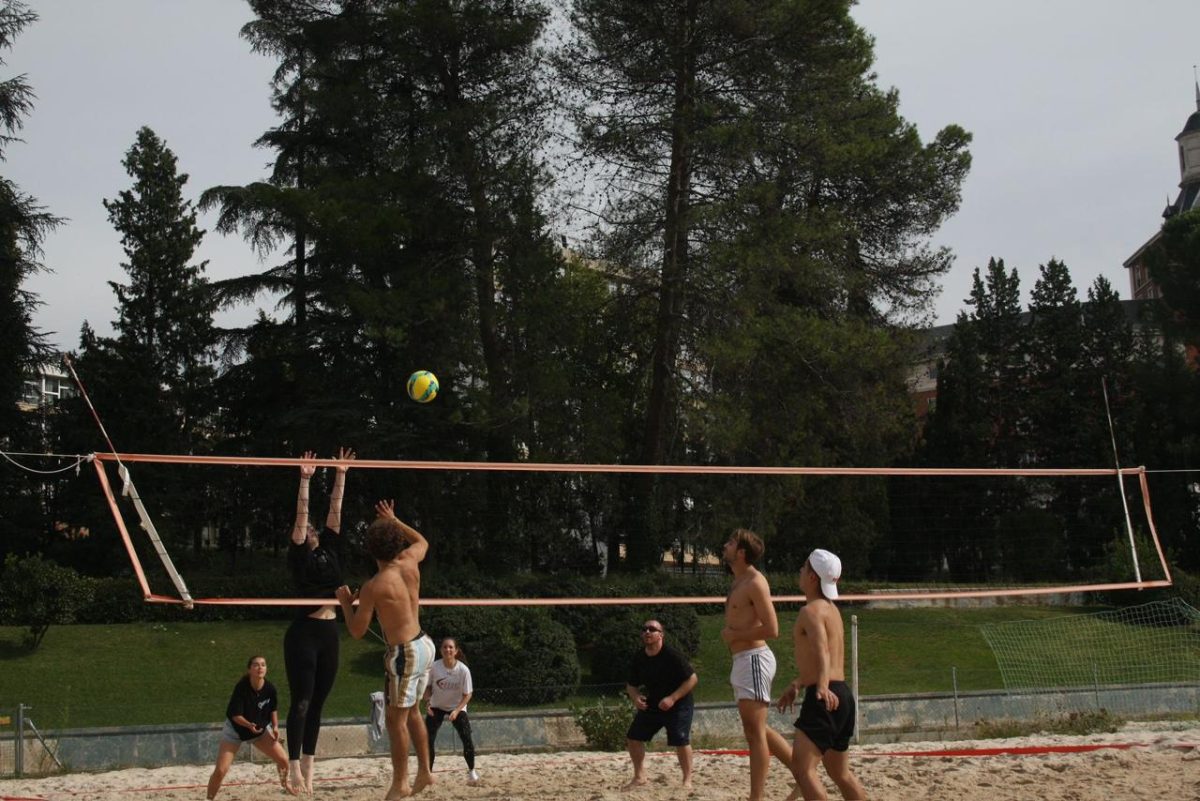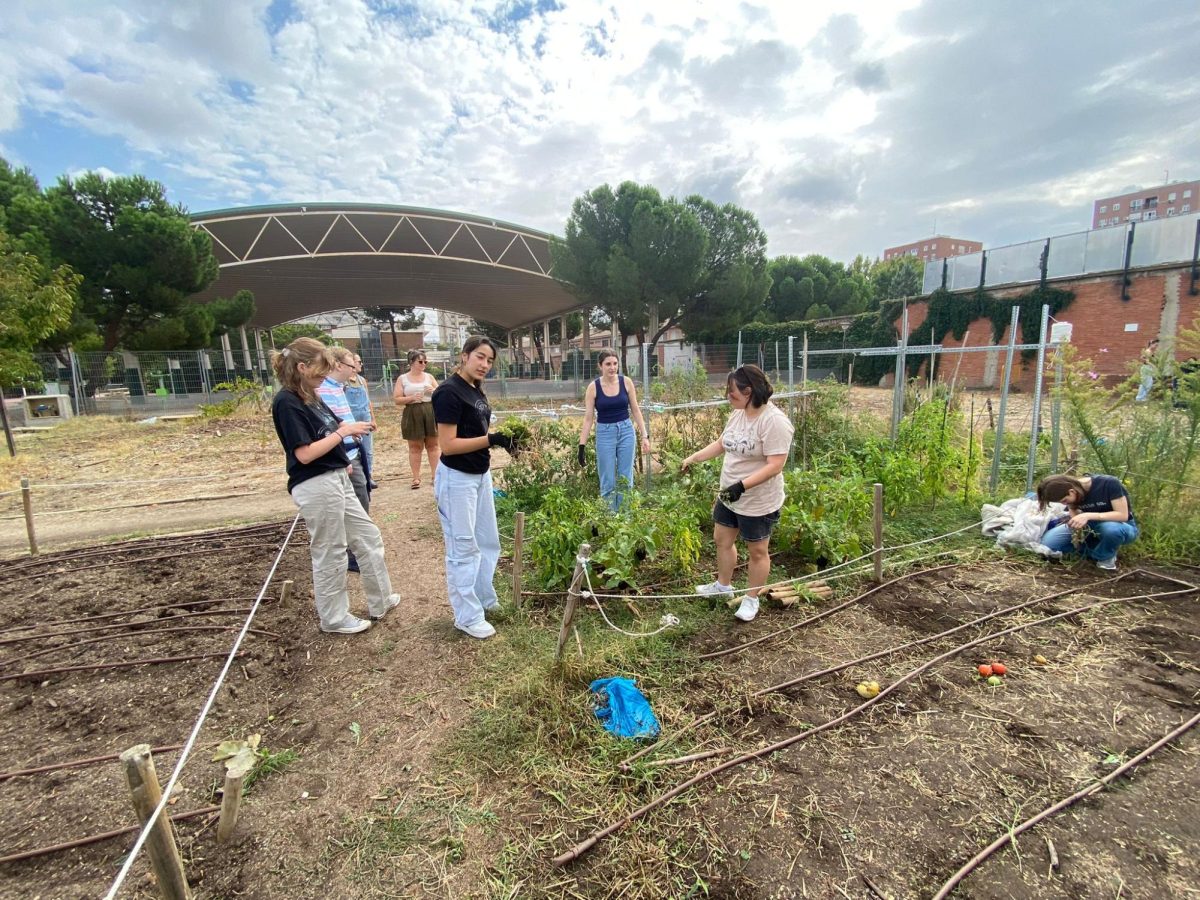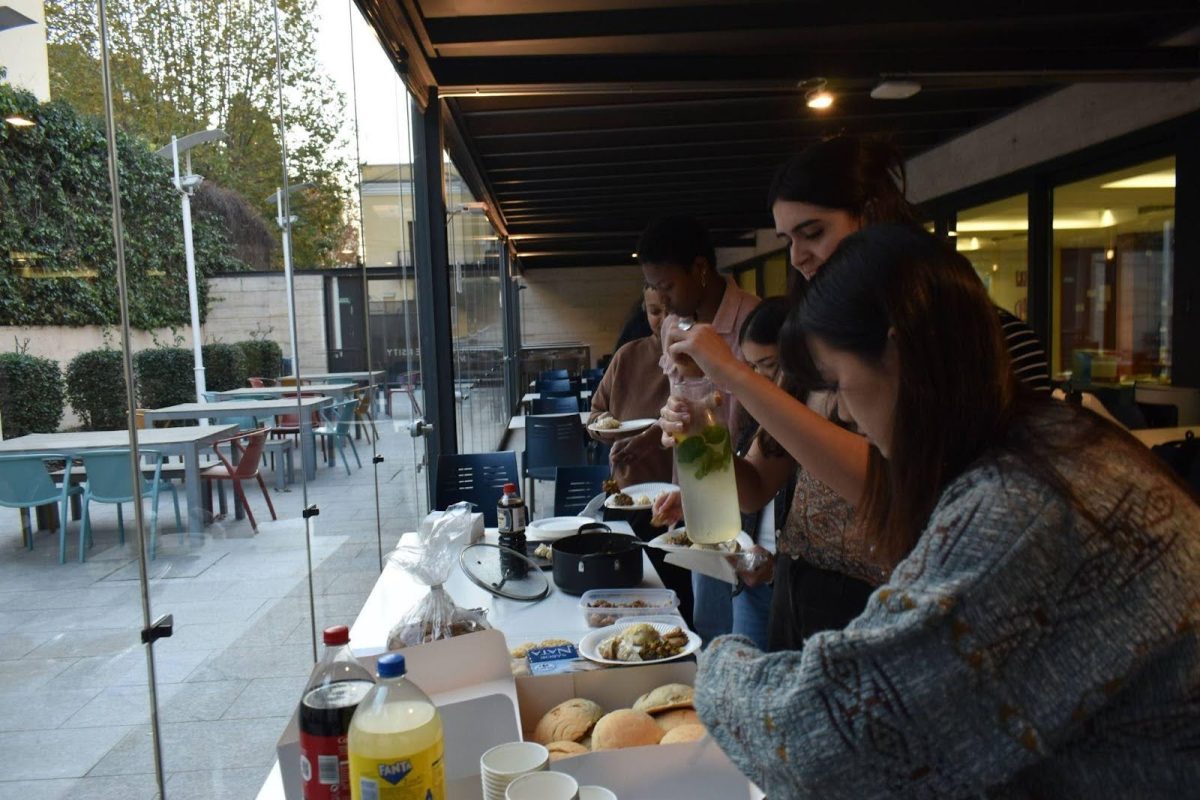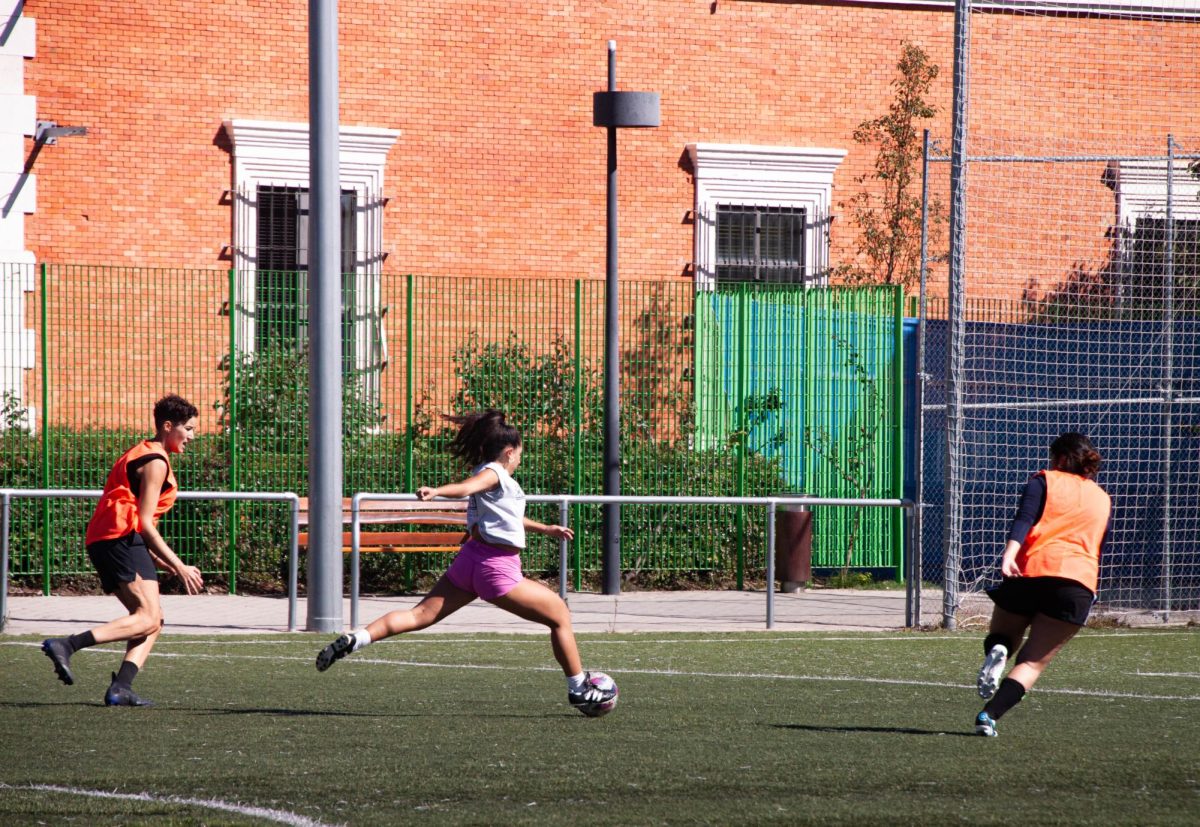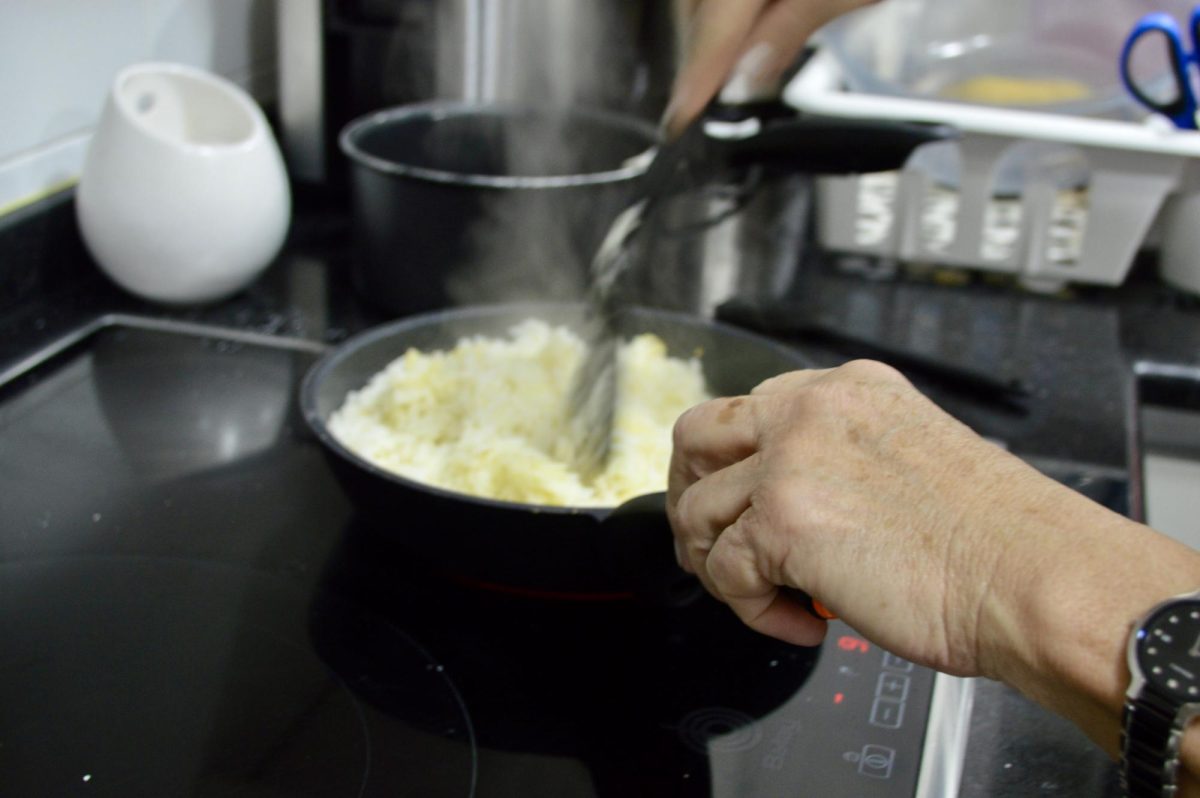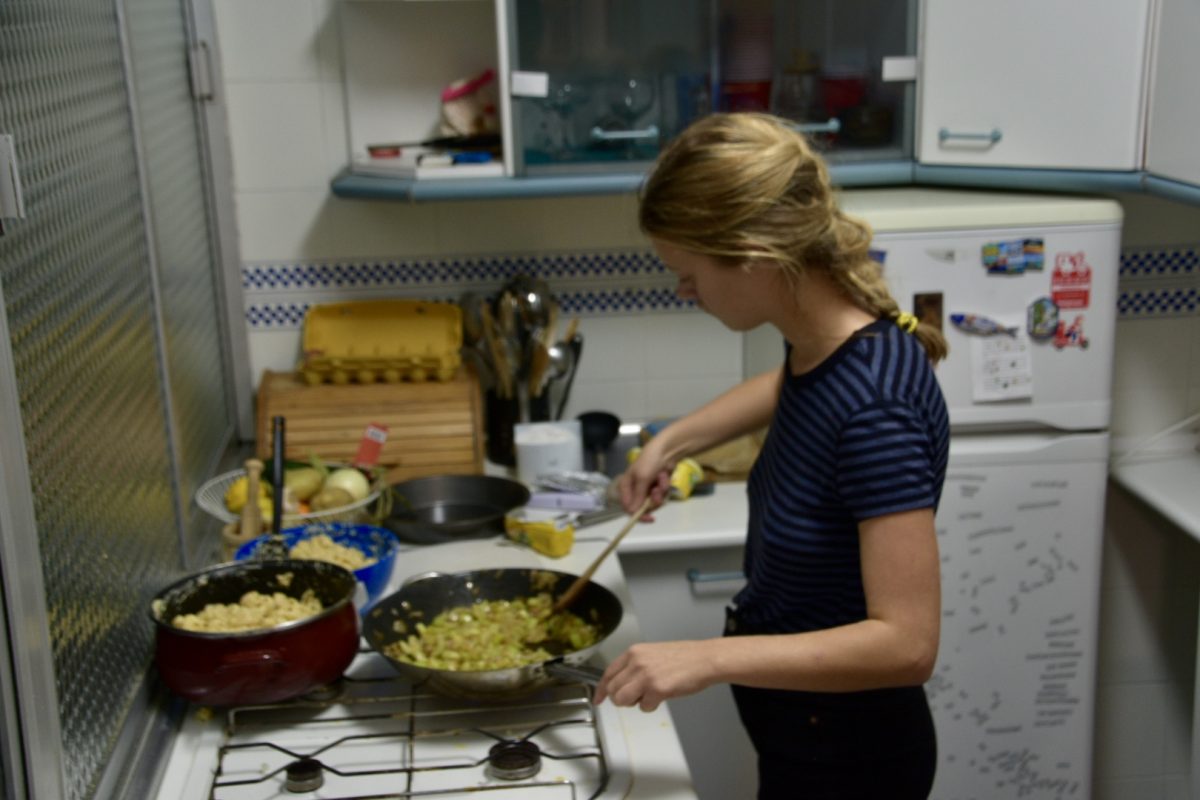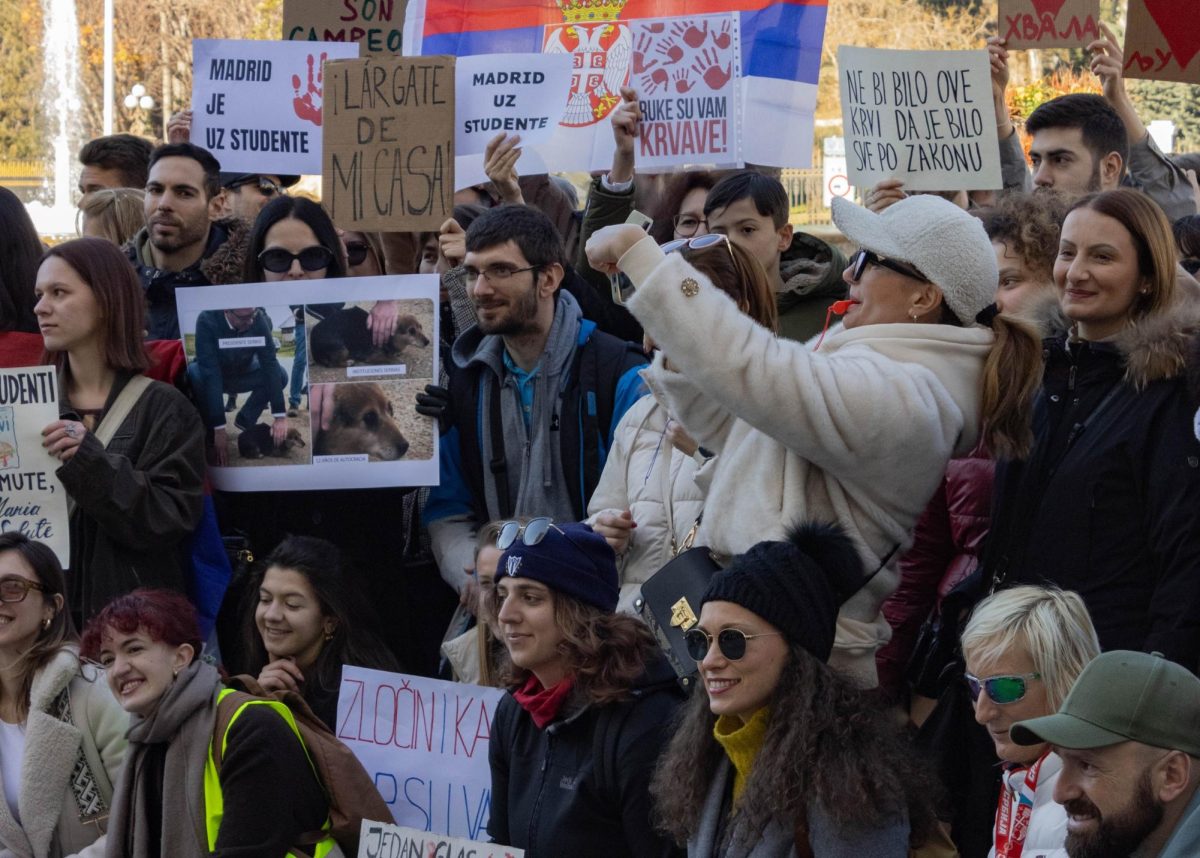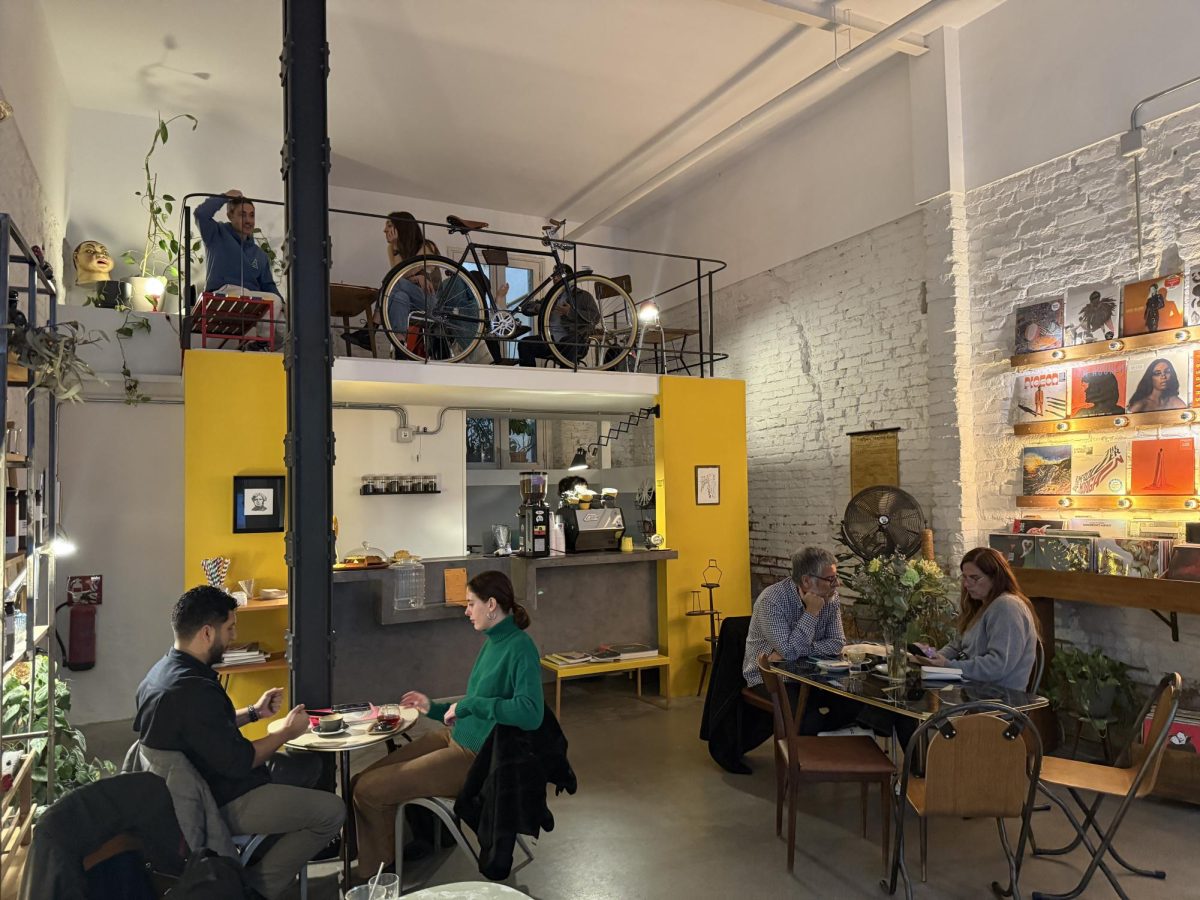Britney Saras, a native of Guadalajara, Mexico and permanent student at SLU Madrid, felt at home as she waited in line at the Mexican consulate with her fellow countrymen to vote in her country’s presidential election.
As part of the festivities, local Mexican restaurants handed out free tacos to people waiting and a BINGO card was created to memorialize the events of the day. The music of “Baile de Payasos del Rodeo,” blasted through a speaker in a park next to the consulate.
“There was so much solidarity,” said Saras. “It was so fun, you just finally felt in community.”
Saras is one of the 9,000 Mexicans living in Madrid, according to the 2024 Spanish census.
The census revealed that the population of Latin Americans living in Madrid surpassed one million people, meaning that 1 in 7 residents are from Latin America, according to El Pais, Spain’s largest daily newspaper. They have made a visible impact on Madrid with many restaurants and other businesses. Pituka & Petaka, a restaurant located in the Salamanca neighborhood of Madrid advertises a variety of traditional Mexican food, ranging from birria to mole negro.
Around 3 million Latin Americans live in all of Spain. Many Latino immigrants leave their home countries for political or economic reasons with the common desire to improve their quality of life. They are drawn to Spain because of the shared language, which makes the adjustment for newcomers easier.
Some, like Saras, come to study. Forty percent of international students are from Latin America, according to higher education analytics firm Quacquarelli Symonds.
Like other Latin Americans, Marisa Monasterio, a study abroad student at Nebrija University, chose Madrid because her family, originally from Mexico City, speaks the language.
“My whole family is fluent in Spanish, and I was the only one who didn’t know it,” said Monasterio. “I thought that coming to a Spanish-speaking country would help me learn it better and be able to keep up at family gatherings.”
She has found a sense of comfort living in a place that speaks Spanish.
Vicky Albornoz, a Colombian professor in the Spanish department at SLU Madrid, moved to Madrid 21 years ago because her Spanish husband wanted to return home. Before Madrid, Albornoz studied at a university in the United States, but did not feel as welcome as she does now.
“When I studied in the United States, I always felt like an outsider,” said Albornoz. “It was very visible that I wasn’t from there. When I’m in Spain, a lot of the time I forget that I’m not from here.”
Jennifer Villanueva, a study abroad student at SLU Madrid, lives in Houston, Texas but her parents are from Mexico. Her Spanish skills were a major factor in coming to Spain. When out in the city, Villanueva speaks in Spanish, but Spaniards are easily able to point out the difference in her accent.
“Usually, 9 times out of 10, if it’s a Spaniard, they’ll always be like, ‘Oh, you’re Mexican’,” said Villanueva.
Not only has she been identified as Mexican, but also that she is from Texas, often colloquially referred to as “Tex Mex.”
“It was scary that they could clock me that fast,” said Villanueva.
Saras enjoys meeting other Mexicans in Madrid because she can use slang from home with them.
“You know that they’re not from Spain, but then out of nowhere they say they’re from Mexico and I’m like ‘I’m from Mexico too!’” said Saras. “I can finally talk to them in a way that they will 100 percent understand me.”
The shared language does not mean Latin Americans are completely accepted by Spanish society. The differences in accents can be a source of discrimination.
“When I speak Spanish, the first thing that they’re going to say is, you’re Mexican, right? And it’s like, no, I’m not Mexican,” said Adela Corral, a permanent student at SLU-Madrid originally from Ecuador.
On a night out with her friends, Corral was standing outside of a Madrid club when a young Madrileño asked her for a lighter. Corral didn’t have one with her. He then asked if she was from Venezuela. Corral shared that she was Ecuadorian.
“He said, and I quote, ‘Same shit, different toilet’,” said Corral.
Albornoz also recalls a memorable experience when she first moved to Madrid, due to a difference in her accent. The owner of a laundromat asked for her name, and she pronounced it like she had her whole life but was immediately corrected by the owner because she did not pronounce the letter Z at the end of her name with the “th” sound that is customary in Spain.
“Repeat it with me,” said the owner after correcting Albornoz. “When you are here, you have to know how to talk like we do here.”
Although there is discrimination, there are also an increasing number of things catered specifically towards Latin Americans.
“I know that it’s not because of them, it’s because of us,” said Corral. “I can see the influence all around.”
Specific neighborhoods, such as La Latina, have been taken over by Latin American shops, food, and music, according to Laura Tedesco, originally from Buenos Aires, Argentina and currently the Associate Dean for Humanities and Social Sciences at SLU Madrid.
“Now, if you go to a supermarket, any supermarket, you are going to find a lot of Latin American food that maybe 10 years ago wasn’t there,” said Tedesco.
Whether or not Latin Americans are widely accepted by Madrid, they are making an impact on the city.
“There were always Latin American people here, but, but now it’s very evident that we are here and that most of us, we are here to stay,” said Tedesco.
